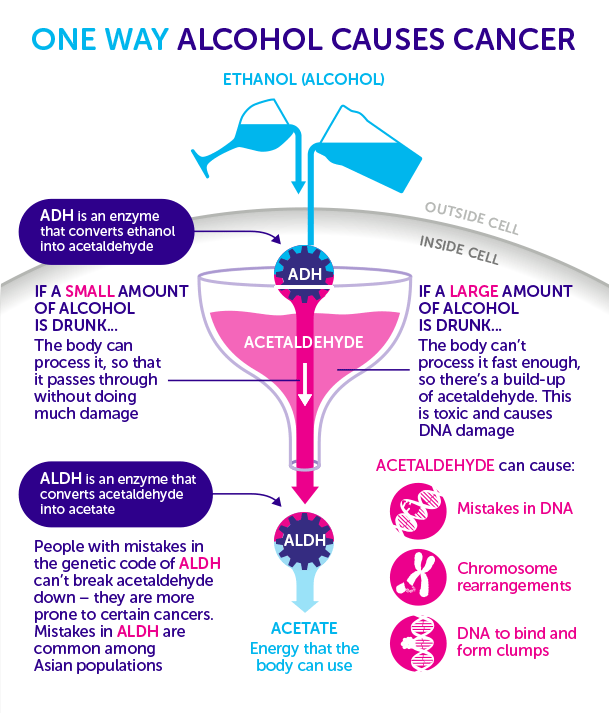Discover the surprising factors that play a role in how intoxicated you become and how to better understand your limits.
Table of Contents
Have you ever found yourself pondering the age-old question: how many beers does it take to get drunk? It’s a common query that lacks a straightforward answer. The truth is, the number of beers it takes to get intoxicated can vary greatly from person to person and is influenced by a myriad of factors. In this blog post, we will delve deep into the science behind alcohol metabolism, individual tolerance levels, and various factors that can impact your level of intoxication.
Alcohol Metabolism and Body Factors
Alcohol metabolism is a complex process that begins as soon as you take your first sip. The body breaks down alcohol primarily in the liver, where enzymes like alcohol dehydrogenase work to convert alcohol into acetaldehyde and then into acetic acid. This process plays a significant role in determining how quickly alcohol affects your body.
One key factor that influences how alcohol affects you is your body composition. Weight, gender, age, and metabolism all play a role in determining your alcohol tolerance. Generally, those with a higher body weight may need more drinks to feel drunk compared to someone with a lower body weight. Men tend to have a higher alcohol tolerance than women due to differences in body composition and enzyme activity. Age also plays a role, as younger individuals typically have a higher metabolism and may feel the effects of alcohol more quickly.
Additionally, the type of beverage you are consuming can impact how quickly you become intoxicated. Drinks with higher alcohol content, such as spirits, will typically lead to quicker intoxication compared to beer or wine.
Individual Tolerance Levels and Genetics
Genetics can also play a significant role in determining your alcohol tolerance. Some individuals may have genetic variations that impact how their bodies metabolize alcohol, leading to differences in how quickly they become intoxicated. This is why some people may feel the effects of alcohol after just a few drinks, while others can consume more without feeling as drunk.
It’s important to note that alcohol tolerance can also be influenced by factors like frequency of alcohol consumption. Regular drinkers may develop a higher tolerance over time, meaning they need more drinks to achieve the same level of intoxication. However, this increased tolerance can also lead to dangerous levels of alcohol consumption if not managed carefully.
External Factors and Intoxication
In addition to individual factors, external variables can also impact how alcohol affects you. Factors like food consumption, hydration levels, and whether you are mixing alcohol with other substances can all influence your level of intoxication.

Image courtesy of news.cancerresearchuk.org via Google Images
Consuming alcohol on an empty stomach, for example, can lead to quicker absorption and increased intoxication. Staying hydrated while drinking can help to slow down the absorption of alcohol and lessen its effects. Mixing alcohol with other substances, such as medications or drugs, can have dangerous and unpredictable effects on your level of intoxication.
It’s crucial to practice responsible drinking habits and be aware of your limits. Knowing when you’ve had enough to drink and recognizing the signs of intoxication can help prevent alcohol-related accidents and health risks.
Conclusion
So, how many beers does it take to get drunk? The answer isn’t as simple as a specific number. Your level of intoxication is influenced by a variety of factors, including alcohol metabolism, individual tolerance levels, genetics, and external variables like food consumption and hydration.
By understanding these factors and practicing responsible drinking habits, you can enjoy alcohol safely and minimize the risks associated with excessive alcohol consumption. Remember to know your limits, monitor your alcohol intake, and prioritize your well-being when consuming alcohol.
Next time you find yourself wondering how many beers it takes to get drunk, consider the multitude of factors that contribute to your level of intoxication. By being informed and aware of these factors, you can make more informed decisions about your alcohol consumption and prioritize your health and safety.
FAQs
How does alcohol metabolism impact intoxication?
Alcohol metabolism, primarily in the liver, converts alcohol into acetic acid. Factors like weight, gender, and age influence how quickly you feel intoxicated.
What role do genetics play in alcohol tolerance?
Genetic variations affect how the body metabolizes alcohol, impacting individual tolerance levels. Frequency of alcohol consumption also plays a role in building tolerance over time.
How do external factors affect intoxication?
External variables like food consumption, hydration, and mixing alcohol with other substances can influence how alcohol affects the body. Staying hydrated while drinking can slow down alcohol absorption.
What are responsible drinking habits?
responsible drinking involves knowing your limits, recognizing signs of intoxication, and prioritizing your well-being. Monitoring alcohol intake, avoiding excessive consumption, and staying informed can help prevent alcohol-related accidents.
Generated by Texta.ai Blog Automation


Leave a Reply